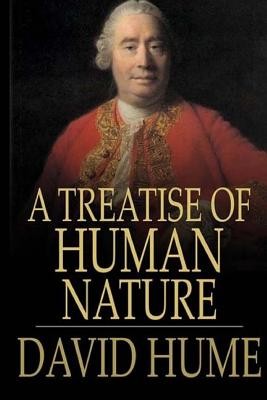
- We will send in 10–14 business days.
- Author: David Hume
- Publisher: CreateSpace Independent Publishing Platform
- ISBN-10: 1503202356
- ISBN-13: 9781503202351
- Format: 15.2 x 22.9 x 1.9 cm, minkšti viršeliai
- Language: English
- SAVE -10% with code: EXTRA
Reviews
Description
Hume begins by arguing for the validity of empiricism, the premise that all of our knowledge is based on our experiences, and using this method to examine several philosophical concepts. First, he demonstrates that all of our complex ideas are formed out of simpler ideas, which were themselves formed on the basis of impressions we received through our senses. Therefore, ideas are not fundamentally different from experiences. Second, Hume defines "matters of fact" as matters that must be experienced, not reasoned out or arrived at instinctually. Based on these two claims, Hume attacks metaphysical systems used to prove the existence of God, the soul, divine creation, and other such ideas. Since we have no experience of any of these things and cannot receive a direct impression of them, we have no real reason to believe that they are true.
- Author: David Hume
- Publisher: CreateSpace Independent Publishing Platform
- ISBN-10: 1503202356
- ISBN-13: 9781503202351
- Format: 15.2 x 22.9 x 1.9 cm, minkšti viršeliai
- Language: English English
Hume begins by arguing for the validity of empiricism, the premise that all of our knowledge is based on our experiences, and using this method to examine several philosophical concepts. First, he demonstrates that all of our complex ideas are formed out of simpler ideas, which were themselves formed on the basis of impressions we received through our senses. Therefore, ideas are not fundamentally different from experiences. Second, Hume defines "matters of fact" as matters that must be experienced, not reasoned out or arrived at instinctually. Based on these two claims, Hume attacks metaphysical systems used to prove the existence of God, the soul, divine creation, and other such ideas. Since we have no experience of any of these things and cannot receive a direct impression of them, we have no real reason to believe that they are true.


Reviews